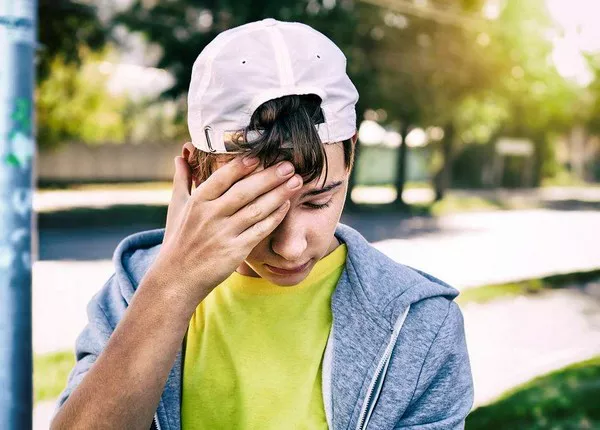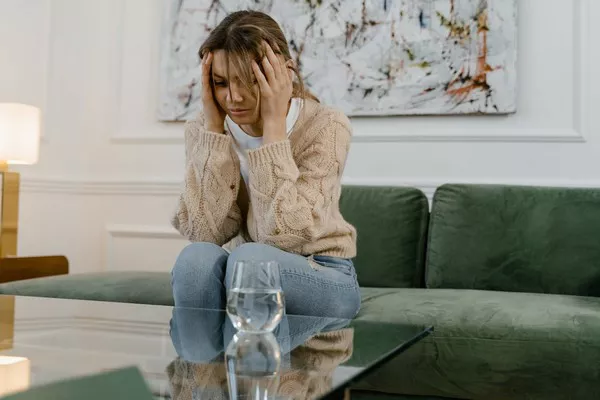Europe and Central Asia – Adolescent girls in 44 European and Central Asian countries are experiencing lower levels of mental well-being compared to boys, according to a report released by the World Health Organization (WHO) on World Mental Health Day.
The report draws upon data collected from nearly 280,000 boys and girls aged 11, 13, and 15 from 44 nations across Europe and Central Asia. It highlights several key findings:
Adolescent girls exhibit lower levels of life satisfaction and mental well-being compared to their male counterparts.
Loneliness is more prevalent among girls, particularly among 15-year-olds.
Approximately 25% of 15-year-old girls reported feeling lonely most of the time or constantly over the past year, in contrast to roughly one in seven boys.
These findings are especially concerning as the mental well-being gender gap appears to widen with age. Dr. Hans Kluge, WHO’s Regional Director for Europe, emphasized that the challenges faced by today’s youth are multifaceted, ranging from the climate crisis and academic pressures to the pervasive influence of social media.
The decline in adolescent mental health has been evident since 2018, coinciding with an increase in health complaints since 2014. The survey reveals that around 29% of adolescents reported experiencing sleep difficulties, while 25% reported feelings of low mood. Additionally, approximately 20% reported frequent headaches.
Mental health issues in adolescents are not limited to Europe. France’s Public Health Authority reported a continued deterioration in the mental health of adolescents and young adults aged 11 to 24. In 2021, approximately 20.8% of young adults aged 18 to 24 in France grappled with depression, compared to 11.7% in 2017.
These findings resonate with data from the United Nations Children’s Fund (UNICEF) in 2021, which identified suicide as the second leading cause of death among European youth, with three adolescent lives lost every day due to mental health challenges.
The WHO underscores the importance of addressing mental health issues, especially in light of the ongoing COVID-19 pandemic. It was noted that the global prevalence of anxiety and depression increased by 25% in the first year of the pandemic, prompting countries to include mental health in their COVID-19 response plans.
Research also points to the dual impact of social media on young people’s mental health, with both positive and negative effects. Some studies have linked social media use to heightened symptoms of depression and anxiety.
Jo Inchley, the International Coordinator of the WHO Health Behaviour of School-aged Children study, emphasized the need for supportive environments in which adolescents can thrive, underlining the significance of nurturing and caring resources for their well-being.
The report was released on World Mental Health Day, a global initiative aimed at raising awareness about mental health challenges and promoting understanding and support for individuals dealing with mental health issues.



























